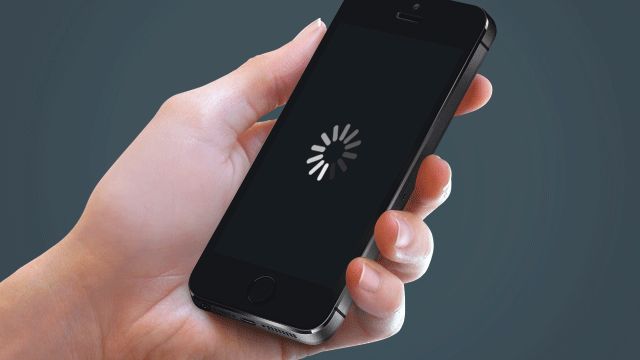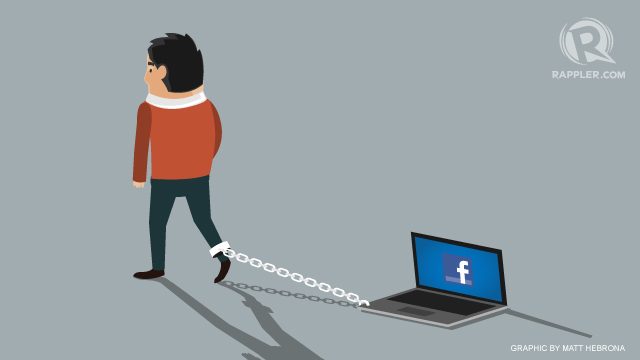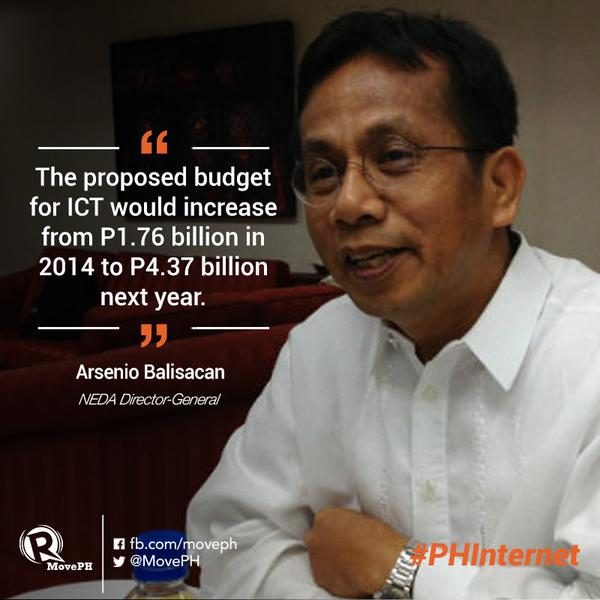SUMMARY
This is AI generated summarization, which may have errors. For context, always refer to the full article.

MANILA, Philippines – After setting the minimum speed for services marketed as “fixed-line broadband,” the National Telecommunications Commission (NTC) is targeting to release draft rules covering “mobile broadband” on Monday, August 24.
NTC Director Edgardo Cabarios said on the sidelines of a Senate hearing on Tuesday, August 18, that his office “is targeting to promulgate the new rules on mobile broadband speed in November.”
“We already have the draft. We’re going to publish it Monday next week, and then there will be public consultations with stakeholders,” Cabarios added.
This was after NTC signed on August 13 Memorandum Circular No. 07-08-2015, stating that “broadband” must have data connection speed of at least 256 kilobits per second (kbps) – the standard of the International Telecommunications Union. (READ: New Internet speed minimum throwback to ’90s?)
The new circular, however, only covers fixed-line services, such as DSL, fiber, and cable. Mobile broadband is not yet included in the new circular. (READ: Pressure on PLDT to solve PH’s slow Internet)
During the Senate hearing, Senator Paolo Benigno “Bam” Aquino IV noted that “about 90% of Internet users in the Philippines are in mobile, while only 10% use fixed-line services.”
Asked why NTC did not include mobile broadband in the new circular, Cabarios replied: “It is to hasten the implementation of rules. As most customers use mobile when accessing the Internet, we are expecting a lot of opposition.”
“Draft rules on services advertised as mobile broadband is ready so we can move forward with this while implementing the one for fixed-line,” he added.
Cabarios said the minimum speed for mobile broadband is about the same with that of fixed-line.
Mary Grace Santos – an independent researcher for think-tank LIRNEasia – said that after researching on the state of the Philippines’ Internet, she found out that it is run by major operators that control infrastructure and pricing.
Santos added that her group ICT Policy found out that major Internet service providers’ actual speed never reaches the advertised speed.

‘New rules won’t solve Internet woes’
But for Aquino, NTC’s new advertising rules will not solve the sorry state of the country’s Internet.
“Even [if] there will be IP (Internet protocol) peering, these will not address the slow, costly Internet service in our country. What we need is government intervention and a very competitive market,” Aquino told reporters on the sidelines of the hearing.
“We should provide an environment for the emergence of communication structures that will benefit the vast majority of consumers in the country which has a broad economic growth geared toward increasing competition,” Aquino stressed.
The recently signed Philippine Competition Act, according to the senator, will “hopefully help in the entry of new players, and will then help us in having more choices, higher quality, and cheaper prices for our Internet connection.”
But the government needs to relax the foreign ownership limitations, which are currently being deliberated in Congress, Aquino said.
“How can we attract competition and entice other foreign telcos to invest here if there are tight restrictions like the 60-40 rule?” he added. (READ: Monopolies, duopolies hamper PH inclusive growth)

Government intervention needed
Other than attracting competition, Aquino said the government must also intervene and help the private sector to invest heavily in ICT infrastructure. (READ: Slow Internet? Blame red tape – telcos)
Socioeconomic Planning Secretary Arsenio Balisacan, who was at the hearing, agreed with Aquino. “The government plays a big role. ICT development should not be left alone to the private sector. The government should serve as a backbone.”
“High cost and low speed Internet is constraining the capacity of the Philippine economy to achieve faster growth,” he explained, and cited the need to help telcos build infrastructure.
In line with this, Balisacan said the government proposed to increase the budget for ICT to P4.37 billion ($202.40 million) in 2016 from P1.76 billion ($81.42 million) in 2014.
ICT, according to Balisacan, is a great equalizer. “For inclusive growth, information needs to be accessible to far-flung areas,” he said.
“Now, the only way to grow the economy inclusively is to improve the transaction of goods and services, and that will be achieved only with better Internet connection,” Balisacan said.
In the meantime, NTC’s Cabarios said his office will record Internet measures twice a week and will publish results monthly. It will also provide consumers a measurement tool available for download.
The NTC, according to Cabarios, will specify the average speed, up to speed data rates, and more.
He said the NTC will conduct a pilot test of the Internet connection speed in September, and will officially start Internet speed testing in October. – Rappler.com
$1 = P46.26
Add a comment
How does this make you feel?
There are no comments yet. Add your comment to start the conversation.